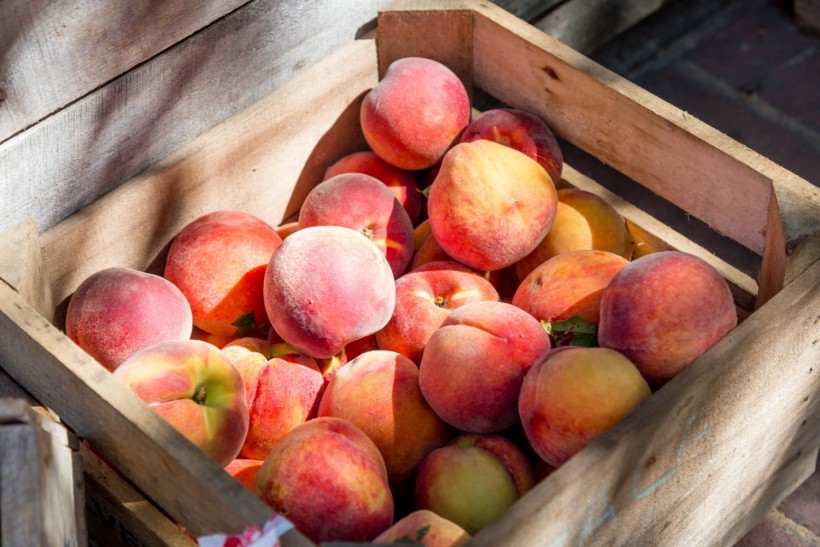
In Georgia, 80% of the peach crops are gone.
In Georgia, peach crops suffered 90% of the damages as a result of the region's warming climate over the previous three months.
Peach State, Georgia
Georgia is referred to as the "Peach State" because of the outstanding flavor, texture, and beauty of its peaches as well as their heady fragrances. According to the Institute of Culinary Education, Georgia peaches, a well-liked stone fruit, are a staple of the summer season and are served in some of the best restaurants in the country.
Summer will soon arrive, and peaches are synonymous with summer in Georgia.
However, according to horticulturists from the University of Georgia, severe weather and a changing environment have destroyed around 90% of the Peach State's harvest.
According to Lawton Pearson of Pearson Farm in Fort Valley, Georgia, conditions were last this awful in 1955.
Pearson recalled hearing reports that his father was just 6 years old at the time, despite his claim that it happened before his time. Only two pieces of peach could be sent by his grandfather to California.
Peaches came from China and traveled to Europe through commerce on the Silk Road and then adorned American woodlands, according to Explore Georgia.
Peach Crop and Warming Climates
To set fruit, peaches need an adequate number of chill hours at temperatures below 45 degrees. However, Georgia's first three months of this year were the hottest on record, and the number of cold hours has been dropping over time. Climate change is to blame for it.
Pam Knox, a University of Georgia agricultural climatologist, stated via WABE that there is only one explanation for the increasing trend-human-caused global warming.
New cultivars with shorter cold hours are being tested by growers. This year, several of those kinds did receive the necessary cold. However, a brief period of severe cold weather killed the buds just as they were about to bloom.
According to Pearson, the low-chill peach was excellent for this winter. After blooming, it spent four nights below 28 degrees.
Between 85 and 95% of the state's peach harvest was destroyed, according to Dario Chavez, an associate professor of horticulture at the University of Georgia who specializes in peaches.
Also Read: Japan Takes Cress Seeds Aboard ISS for Mutant Crop Yields
Shortage
Georgia peaches could not be available at the supermarket very soon, according to Pearson.
The usual 250 employees of Pearson will be reduced to 40 for the summer. He cannot go on a vacation getaway to California as his grandpa did in 1955. Since then, the company has expanded its product line to include a growing pecan crop.
Pearson, however, asserts that it hurts to gaze at trees without peaches. The few peaches that survive benefit from having all the light, water, and nutrients themselves, which is a plus. According to Pearson, the peaches that survive will grow to be wonderful, enormous, and delicious due to the reduced competition for nutrition.
When the peach season ends in August and he can start thinking about next year, says Pearson, WABE reports.
According to the Georgia Peach Festival, the World's Largest Peach Cobbler will still be served at the event, which is a joint celebration of Fort Valley and Byron.
Rwlated Article: California Ventures into Farming Avocados, Mangoes, Agave in Response to Climate Change
© 2024 NatureWorldNews.com All rights reserved. Do not reproduce without permission.



![Climate Change is Reducing Dust Levels Worldwide as Arctic Temperature Warms [Study]](https://1471793142.rsc.cdn77.org/data/thumbs/full/70320/280/157/50/40/climate-change-is-reducing-dust-levels-worldwide-as-arctic-temperature-warms-study.jpg)

